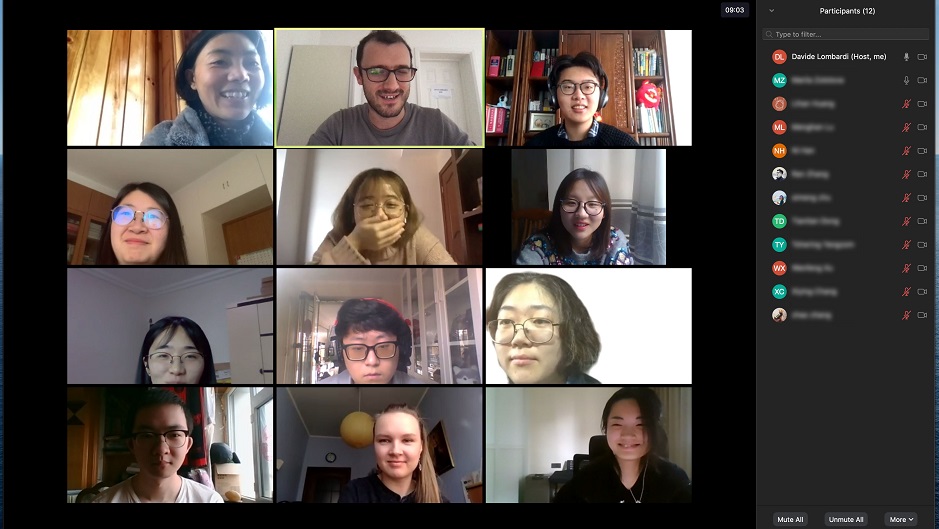25 May 2020
Today, end-of-semester examination days begin for Xi’an Jiaotong-Liverpool University after an unprecedented move to all-online learning due to the coronavirus pandemic.
As evidenced by the words of XJTLU instructors, careful thought and planning have ensured that this semester’s assessments measure learning outcomes as effectively as usual, despite the fact that the change in teaching delivery method required some modifications.
Greater emphasis on constant assessment rather than periodic tests was a choice some educators implemented in their modules after the move to online teaching
“Two tests were replaced with a continuous assessment component that grades students according to completion of a series of online tasks,” said Dr Paul Craig of the Department of Computer Science and Software Engineering, who is teaching Professional Skills and Emerging Technologies in Computer Science.
“We feel the continuous assessment component allows us to maintain a higher level of academic integrity for online assessment while doing more to encourage student engagement throughout the course of the module.”
“I think the move from class tests to online continuous assessment has worked well and probably better represents the experience our students are likely to have in the workplace, where they have goals to achieve every week or every day, rather than just at the end of the year.
“If I teach this module next semester, we will most likely keep using a continuous assessment component.”
Dr Juan Carlos Dall’Asta of the Department of Architecture + Design has also moved away from an exam for the lecture-based module he is teaching this semester, Urban Studies, replacing it with three different assessments: coursework; video productions; and a digital notebook with notes from lectures.
While teaching and assessment modes have changed, quality has not, said Dr Dall’Asta.
“Even though assessments are being done in a different way, we have to ensure that learning outcomes and the requirements are perfectly covered.”
Dr Graham Dawson of the Department of Chemistry decided to increase weight of the laboratory component in the final score for his Physical Chemistry module since he feels it is a good way to test students’ grasp of what they learned. While that might seem a surprising decision given that students cannot access the labs, he has found a way to make it work.
“We made video recordings in the laboratory and will provide data to the students that they will use to write extended lab reports for their final assessment,” Dr Dawson said.
“The level of detail in their discussion of data and any references they link to the lab reports will demonstrate how much they understand.”

Above: Dr Graham Dawson of the Department of Chemistry video records a laboratory process.
In Part Two of this series, we will hear what Dr Thomas Selig of the Department of Computer Science and Software Engineering considered in planning an open-book exam for the final assessment, and how Dylan Ford of the School of Film and TV Arts managed teaching and assessment for a sound design course when students don't have standardised computer equipment.
By Huatian Jin, Tamara Kaup, Wenzhen Li and Yi Qian
25 May 2020
RELATED NEWS

Making emergency online classes work – we did it, you can too
First in a two-part series. Part two here. Moving to all-online instruction takes effort, but if our experience is an example, take heart, it will go just f...
Learn more








